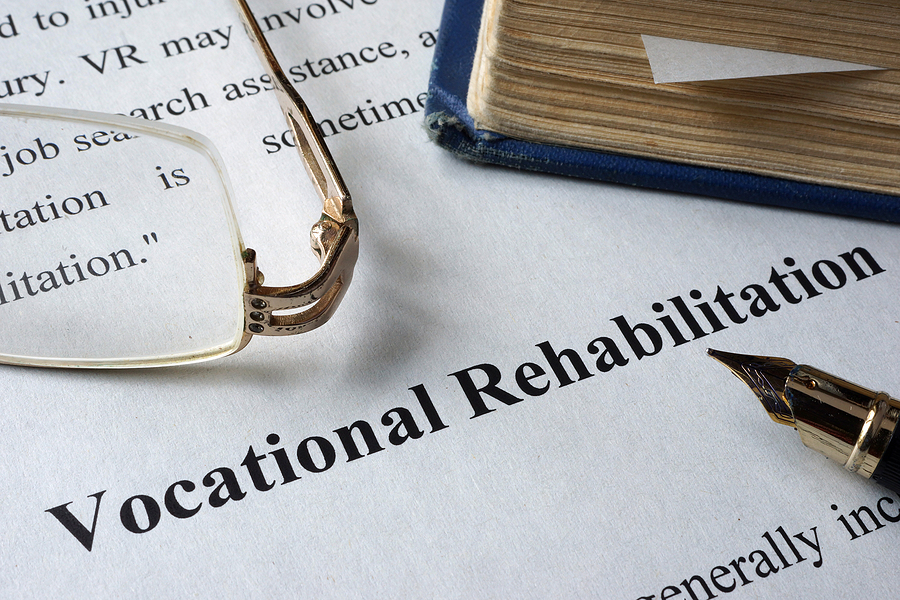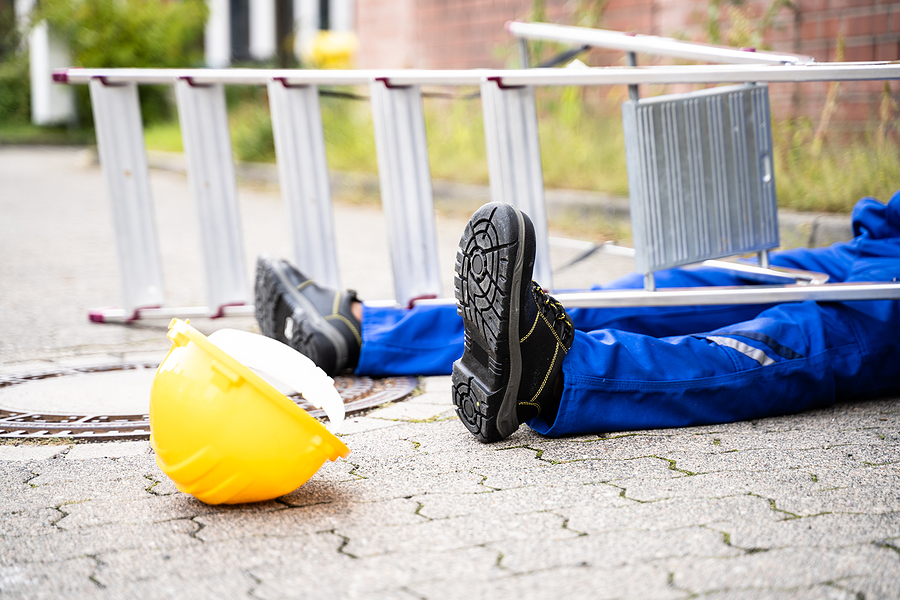In the aftermath of a workplace injury, returning to work can seem like a distant reality. However, vocational rehabilitation offers a beacon of hope, providing the means for injured workers to reclaim their professional and personal lives and independence. This blog post is dedicated to understanding how vocational rehabilitation can serve as a crucial step on the road to recovery.

Types of Workplace Accidents and Injuries
Workplace accidents range from slips, trips, and falls, lifting injuries to incidents involving machinery or hazardous materials. According to OSHA, common violations leading to these injuries include inadequate fall protection, poor hazard communication, and insufficient respiratory protection. It’s important for workers to recognize these hazards and understand their rights in the workplace.
Understanding Vocational Rehabilitation
Vocational rehabilitation is a process intended to enable persons with disabilities, which includes those injured at work, to overcome barriers to accessing, maintaining, or returning to employment or other useful occupations. Early intervention post-injury is critical for the best outcomes in vocational rehabilitation, facilitating a quicker and more effective recovery.
The Role of Vocational Rehabilitation
Through vocational rehabilitation, injured workers are afforded a range of services catered to their unique circumstances:
Assessment of Skills and Abilities: Understanding what you can do post-injury allows for a realistic rehabilitation plan.
Development of a Personalized Plan: Goals are set, and strategies formulated to address specific employment barriers.
Training and Retraining Opportunities: This can involve learning new skills or refreshing existing ones to meet job demands.
Job Placement Assistance: Support in finding suitable employment that accommodates any lingering limitations.
Benefits of Vocational Rehabilitation
Vocational rehabilitation helps restore not only vocational capacity but also:
Independence and Self-Confidence: Gaining the skills to re-enter the workforce empowers individuals.
Successful Return to Work: Structured plans ease the transition back into employment.
Enhanced Physical and Mental Well-Being: Staying active and purposeful promotes overall health.
Navigating the Vocational Rehabilitation Process
It is a collaborative journey, often involving a rehabilitation counselor, to guide you through steps such as:
Accessing Resources and Support: Many programs offer tools and support networks.
Overcoming Challenges and Setbacks: Prepare for ups and downs and celebrate small victories along the rehabilitation pathway.
Legal Considerations
Injured workers should be aware of their rights under workers’ compensation laws, which may include vocational rehabilitation services. It’s important to understand timelines for claiming benefits and the process of disputing any denials. The Americans with Disabilities Act (ADA) also offers protections that facilitate a fair and reasonable accommodation in the workplace. Understanding how vocational rehabilitation interacts with Social Security Disability Insurance (SSDI) is equally important for those who qualify for both services.
Hiring a Workers’ Compensation Lawyer
Injured workers should consider the merits of having an attorney to defend their rights and ensure fair compensation during recovery. A personal injury lawyer who also handles workers’ compensation cases can navigate the complexities of such claims and advocate on your behalf. A seasoned workers’ compensation attorney, you can secure the resources necessary for comprehensive rehabilitation. If your claim to vocational rehabilitation services is denied, a lawyer can provide the representation needed to appeal the decision.
Conclusion
If you’ve suffered a workplace injury, don’t overlook vocational rehabilitation as a pivotal part of your healing process. With the right guidance, support, and legal aid, you can pave a pathway towards reclaiming your career and life. Talk to a workplace injury attorney today to explore your rights and the compensation you’re entitled to. Your journey to resume work can be just as rewarding as it is challenging.
As always, we hope this information has been helpful. If you ever need assistance with a workplace injury claim in Indiana, our team of experienced accident lawyers is here to help. Contact Craven, Hoover, and Blazek P.C. at 317-881-2700 for a free initial case evaluation and let us guide you through the workers’ compensation claim process. Your well-being and rights are our top priority.
Related Posts:
The Role of a Workers’ Compensation Lawyer: What to Expect
How to Successfully File a Workers’ Compensation Claim in Indiana
Which Injuries Qualify For Workers’ Compensation in Indiana?

